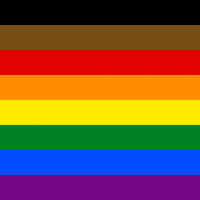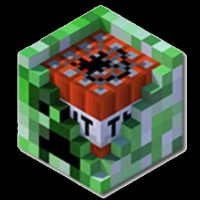Missatges: 159
Llengua: English
Ploppsy32 (Mostra el perfil) 18 de desembre de 2019 20.34.32
El missatge ha estat ocultat.
Ploppsy32 (Mostra el perfil) 18 de desembre de 2019 20.35.35
El missatge ha estat ocultat.
Jxusteno (Mostra el perfil) 18 de desembre de 2019 20.36.34
Ploppsy32:The whole concept of sisters being nothing but female brothers doesn't even make sense because a brother is a male sibling so saying my female male sibling cancels the genders out.The suffix -in- just femalizes the male or gender-neutral word.
Ploppsy32 (Mostra el perfil) 18 de desembre de 2019 20.36.47
Jxusteno:I was thinking that too.nornen:wo-man (< wifman) is a female man in English, too.If I'm not erring, the word "man" originally used to mean "human being"...
nornen (Mostra el perfil) 18 de desembre de 2019 20.42.02
Ploppsy32 (Mostra el perfil) 18 de desembre de 2019 20.45.06
nornen (Mostra el perfil) 18 de desembre de 2019 20.46.48
Ploppsy32 (Mostra el perfil) 18 de desembre de 2019 22.07.43
Zam_franca (Mostra el perfil) 18 de desembre de 2019 22.30.13
Estas tiel. And it really well works.
robinvdv (Mostra el perfil) 18 de desembre de 2019 23.13.43
Zam_franca:Nope, we won't change the whole Esperanto grammatical system.It's an overstatement to say that it works really well. If it works well, this forum thread wouldn't exist and there wouldn't be any discussion about the topic.
Estas tiel. And it really well works.
Esperanto speakers have been discussing ways to improve the way Esperanto handles gender since the 1970s, and the discussions have only become more heated lately. A change to the traditional system is inevitable, even more if you think that most people against it are old conservatives, and the people for it are young speakers.



